Best Ways to Keep Your Fruit Fresh for a Month
When you buy through our links, That’s My Home may earn an affiliate commission. Learn more
What could be more delicious than a bowl full of chopped up fresh fruit? With the beautiful mash-up of color, scent, and flavor, there is something undeniably tempting about nature’s candy.
The only problem with fruit is how quickly it seems to go bad! But did you know there are tricks for how to keep fruit fresh that will help you prolong its shelf life?
For years in my kitchen, I stored my fruits in the same way: the way that I learned in my mother’s kitchen as a child. I kept the bananas, lemons, oranges, and apples on the counter and everything else went into the refrigerator.
It wasn’t until I started writing vegan recipes and researching vegan tips that I discovered the best way to store different fruits. Since I started using these tricks in my own kitchen, my foods stay fresh so much longer!
By storing foods in the right way, my fruits last longer and I’m able to save my money to buy even more delicious produce. I can’t believe I spent such a long time making simple mistakes that lead to food waste and extra costs for me.
Today, I’m so happy to share some of these tips that I’ve learned with you. I hope they help you keep your food fresher and your family healthier.
If you need more advice about veggie, please visit Veggie Secret for more information
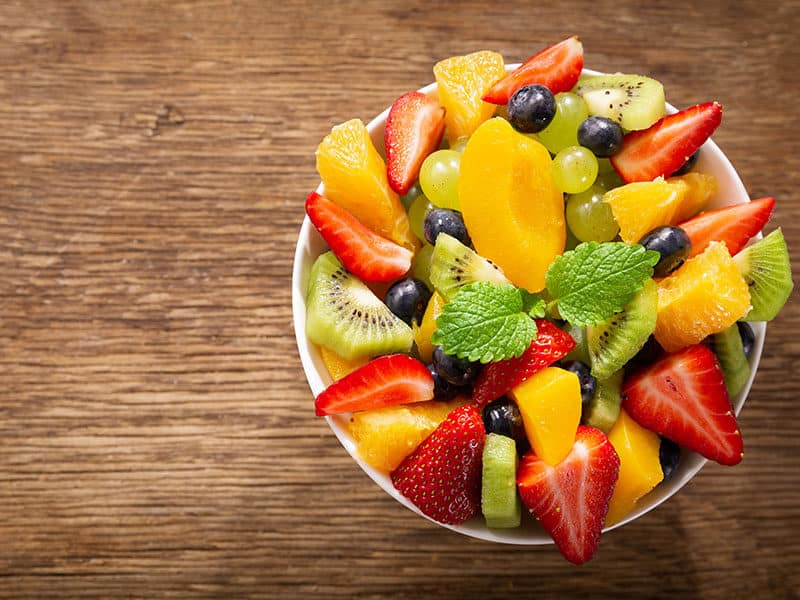
How to Keep Almost All Fruits Fresh
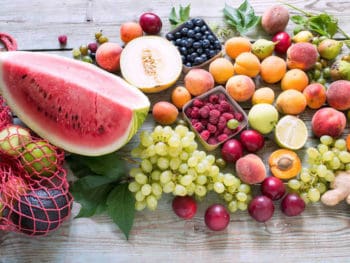
The method for keeping fruit fresh changes depending on which type of fruit you are trying to store. That being said, there are a few rules you can apply to almost all the fruits, and I’d like to share those tips with you.
First, you need to know about ethylene producing fruits. Ethylene is a gas that some fruits produce as they ripen. This gas, ethylene, causes other foods to ripen faster and spoil.
There is a long list of fruits that release ethylene, but some of the most common are avocados, bananas, cantaloupes, kiwis, mangoes, papayas, plums, and peaches. If you love to eat these fruits (and who doesn’t!?) make sure you store them separately from your other produce.
Some fruits, in particular, are really easily affected by ethylene and should be kept away from ethylene-producing fruits. For example, apples, cucumbers, and watermelons should be stored far away.
Another great general rule for how to keep fruit fresh has to do with moisture. Try to keep fruits away from moisture, ice, and water when in storage. Don’t wash your fruits until you’re ready to eat them. This helps prevent them from getting moldy and spoiling.
Best Place for Storing Cucumber
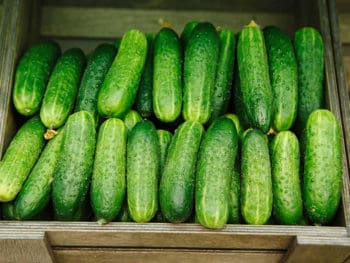
This one was a real revelation for me. I bet if I were to guess, you’ve been storing your cucumbers in the fridge. It makes sense. Keeping cucumbers chilled in the refrigerator should keep them fresh. Right? Wrong.
In fact, storing cucumbers below 50 degrees Fahrenheit is actually bad for them, and causes “chilling injuries”. If you store cucumbers in the refrigerator, it can lead to water-soaked areas, pitting, and accelerated decay. Sound familiar?
The best way to store cucumbers is on the shelf! Keeping them at room temperature out of direct sunlight gives them the longest possible shelf life. If you insist on keeping them in the refrigerator, only keep them chilled for up to three days, and eat them as soon as you can.
Avoid washing cucumbers before you store them in the fridge, this will keep them from getting those pesky wet spots and stop them from decaying too quickly.
If you can store your cucumbers on the shelf, you’ll be able to have fresh cucumber salads for over a week! That’s maximizing on your farmers market haul.
Best Way to Keep Lemon Fresh for a Whole Month
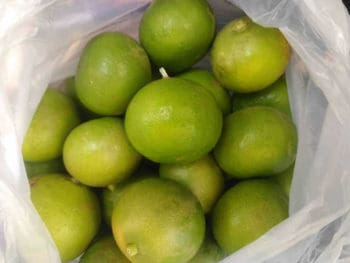
Lemons are another fruit that I was getting wrong for years and years. At my families house, we always stored lemons in a big beautiful bowl in the center. I loved smelling the citrus aroma as I cooked in my kitchen. And they were so accessible. I could just reach out and grab one whenever I needed it.
But without a doubt, they didn’t last very long. After just one week in my lemon bowl, the lemons would start to harden and lose their juiciness. I thought this was just the reality of eating lemons but I couldn’t have been more wrong.
It turns out that the best way to store lemons is in a tightly sealed plastic bag in the refrigerator. By storing lemons in a zip lock bag in your fridge, you lock in their natural juiciness. Stored in this way, lemons can stay fresh for up to one month! It sounds unbelievable but it’s true. Instead of buying lemons four times in one month, you just have to buy a big bag of lemons at the start of the month.
The important thing here is to store them in a sealed plastic bag. Storing them in a loose plastic bag like the one you get at the grocery store doesn’t work in the same way, and after a week or two they will be hard as a rock.
How to Store Grapes
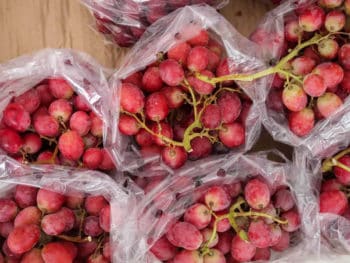
Grapes are one of the most popular fruits in my house. It seems like every time I buy a bag of sweet green grapes, they’re already gone. But I realize not everyone has this problem and you might like to have grapes stay good for one or two weeks. If you want to get the most longevity out of your bag of grapes, I’ve got a few tips for you.
If you store them correctly, grapes can actually last up to two weeks. The key to making your grapes is keeping them dry and cool. So, store your grapes in the fridge immediately from returning from shopping. And also important, don’t wash them before storing them! Washing grapes before storing encourages the growth of mold.
My other tips for storing grapes are to keep them out in the open, or in a plastic bag with holes. Grapes need good air circulation to stay fresh.
And you know those grapes that fall off the stems early and sit in the bottom of the bag? Eat those grapes first, because they will be the first ones that go bad.
Best Way to Store Oranges
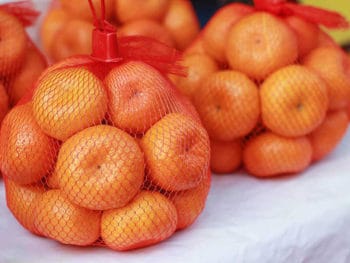
Oranges, like lemons, are a citrus. But where lemons are sour and acidic, oranges are sweet, bright, and juicy. There is nothing sweeter on a hot summers day than squeezing a bright orange into a deliciously refreshing glass of juice.
But after choosing the best type of orange, you’ll want to make sure you’re storing them correctly. For many people, these means storing them in the refrigerator. And while you can do that, you don’t necessarily need to. Instead, oranges can be stored in a cool, dark place out of direct sunlight. So inside a cabinet or other convenient storage area. If stored this way, oranges can stay good for up to two weeks.
You can also store your oranges in the refrigerator as well, and in this setting, they will also stay fresh for two weeks. Whether you store them on the shelf or in the fridge, don’t keep them in a sealed plastic bag. Instead, store them in mesh netting or an open bowl. This allows for the oranges to get proper air flow, helping them stay fresher longer.
No matter where you store them, make sure you keep them dry! Do not wash your oranges before putting them in storage, as this encourages the growth of molds. Just rinse off an orange before you eat it.
How to Store Plums
Plums are one of my favorite fruits to eat during the summertime. Lucious and juicy with that gorgeous purple coloring, their sweet flavor brings me back to my years at summer camp.
These days when I see a big punnet of plums sitting at the farmers market, I can’t resist them. I bring them home with my mind full of all the ways I’m going to enjoy their sweet yet tart flavor.
But sometimes I have to buy a bunch of plums that aren’t quite ripe yet, and I need to store them until they are ready. So what is the best way to store plums? If plums are still hard and unripe, you can store them on the shelf, in a dry area away from moisture. Keep them like this until they turn soft and juicy.
Once ripe, you can store your plums in the fridge. To extend the shelf life of plums a bit, store them in a plastic bag. It doesn’t need to be sealed. Plums stored like this should stay fresh for two or three days.
Before you eat them or use them in recipes, be sure to bring them back to room temperature. This will bring back all that sweet, delicious flavor that we love so much.
The Juiciest Fruits are Stored Well
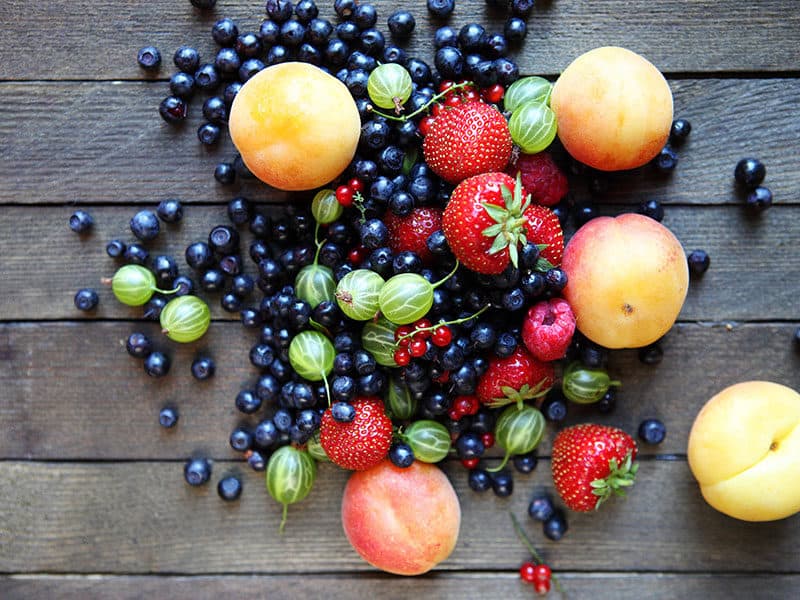
Now that you know the best ways for how to keep fruit fresh, you can make the most out of each trip to the farmers market. By storing your fruits correctly, you can save money and cut down on food waste. It’s a win for your wallet and a win for the planet.

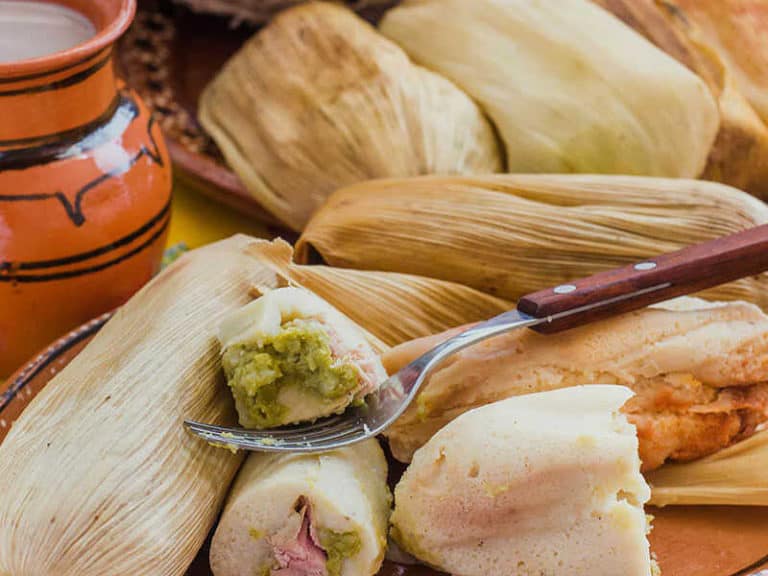

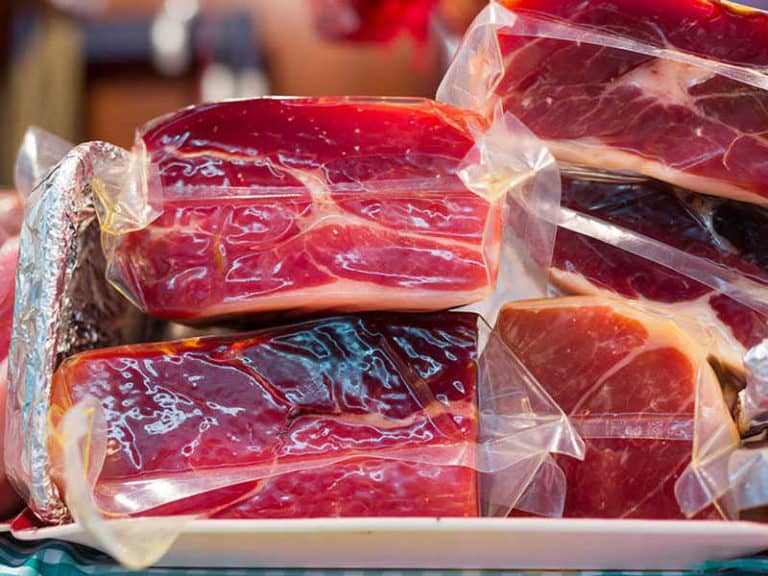
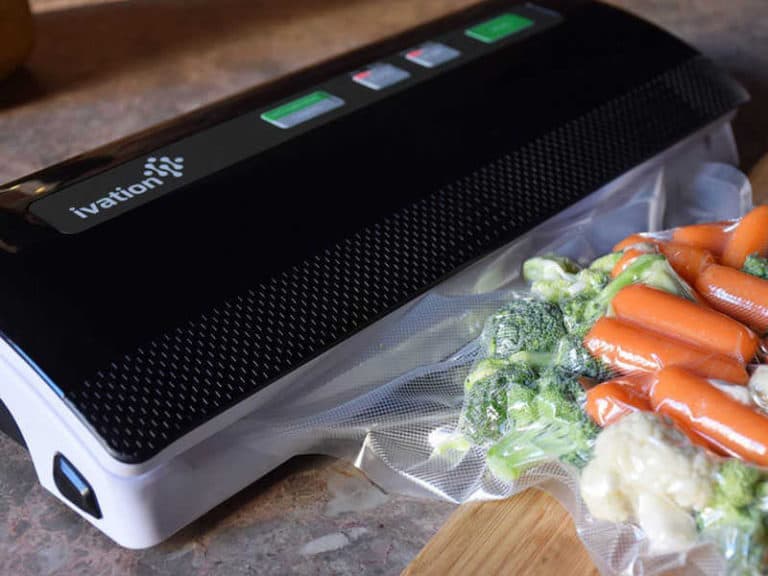
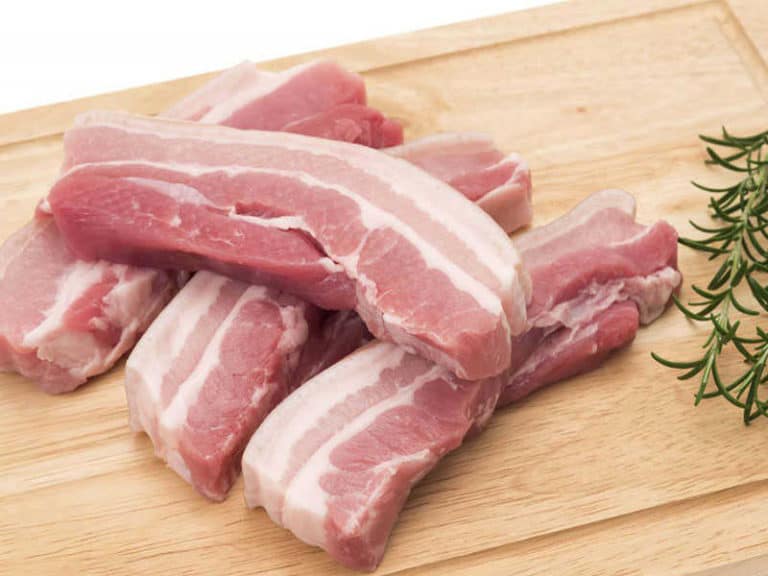
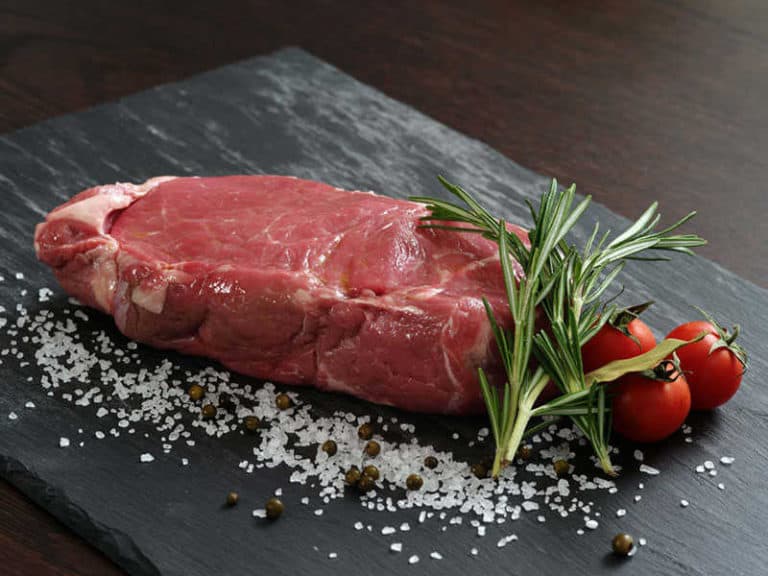
I buy strawberrys, raspberry etc. for my wife. No matter what I try, bought on Friday, furry and rotten by Sunday. Same with bread, three days after purchase, green mould! My home is clean. Can you suggest a remedy Please?
Dear Alan,
Thank you for your comment.
Most fruits and vegetables spoil easily because of damage caused by microorganisms.
As long as nutrition and water are present, bacteria will multiply, sometimes rapidly. Bacterial waste is the cause of the foul smell and rotten appearance of spoiled food.
You can prevent this from happening by freezing your fruit and bread. Check out this article on what makes fruits and vegetables rot and avoid foods that spoil too fast unless you’re willing to freeze them. Hope this helps!
Have a lovely day and stay safe.
Kind regards, Marry.